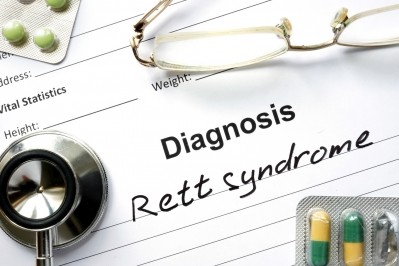Voluntary pause of epetraborole phase 3 enrollment setback for NTM pipeline

EBO-301 is a trial evaluating the orally administered antibiotic epetraborole in patients with treatment-refractory Mycobacterium avium complex (MAC) lung disease, a nontuberculous mycobacterial (NTM) infection.
This development is a setback for the limited NTM late-stage pipeline, says data and analytics companyy GlobalData.
NTM are opportunistic pathogens responsible for causing infections in patients with pre-existing health conditions or compromised immune systems, upon exposure to the bacteria in the environment.
Symptoms of NTM lung disease include cough, fever, weight loss, weakness, and respiratory insufficiency.
Stephanie Kurdach, infectious disease analyst at GlobalData, comments: “NTM lung disease is notoriously difficult to treat and typically consists of multiple antibiotics taken over the course of many months. However, in many instances, NTM infections can become treatment-refractory, leaving patients with limited therapeutic options. For these reasons, there is a pressing need for the development of new antibiotics.”
According to GlobalData, the NTM late-stage development pipeline is comprised of only seven products, including epetraborole.
In preclinical studies, epetraborole demonstrated superior microbiological efficacy when combined with standard-of-care agents in NTM animal models.
Likewise, a phase 1 dose-ranging study found that epetraborole was well-tolerated, with 92% of adverse events being mild.
Kurdach continues: “Despite the high level of unmet need surrounding NTM treatment, the late-stage product development pipeline displays limited therapeutics, particularly now, with the unknown fate of epetraborole looming.”
A blinded aggregate analysis of ongoing phase 2 data did not highlight any safety concerns. Rather, it indicated that both treatment groups – epetraborole plus optimized background regimen (OBR) and placebo plus OBR – showed potentially lower than expected efficacy.
The paused enrollment will allow researchers to further evaluate the study data as well as allow the independent data safety monitoring board (DSMB) to conduct an unblinded assessment and recommend next steps.
The patients who are already enrolled in the trial will be allowed to continue the study.
Kurdach concludes: “The successful development of NTM therapies is a complex undertaking. If AN2 Therapeutics can successfully continue the development of epetraborole, this product would be a much-needed addition to the NTM market. On the other hand, if epetraborole exits the NTM pipeline, we might expect to see more focus being put on other late-stage products such as Spero Therapeutics’ fobrepodacin (SPR720) and Janssen’s bedaquiline.”
















